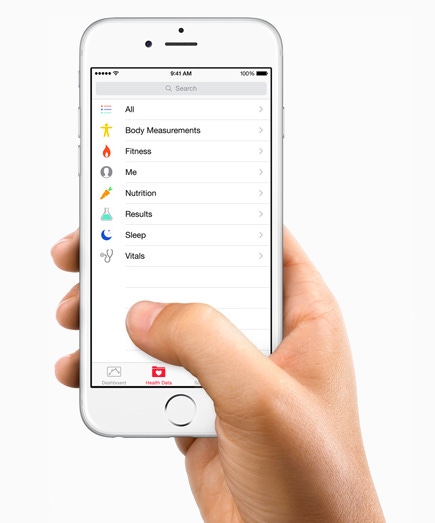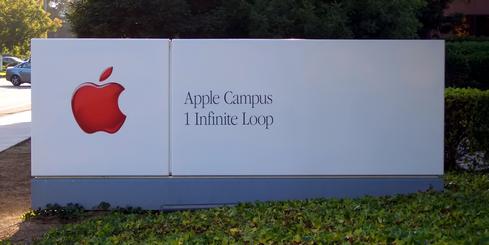Apple's ResearchKit is an open-source framework designed for the healthcare and fitness markets as a way to collect data and analyze larger groups of patients.


10 Apple Acquisitions: What Do They Mean?
10 Apple Acquisitions: What Do They Mean? (Click image for larger view and slideshow.)
In its bid to conquer the burgeoning high-tech health and fitness market, Apple announced the release of its open-source ResearchKit software framework this week.
ResearchKit is designed to help doctors, other medical professionals, and scientists gather data more frequently and more accurately from participants using iPhone apps, and the software enables researchers to contribute to specific activity modules in the framework, like memory or gait testing.
Many of the apps built with ResearchKit will enable users to track their own data and potentially discover correlations between symptoms and daily actions, such as diet or exercise, and the platform lets users choose what studies they want to join.
Users are in control of what information they provide to which apps and can see the data they are sharing, and in an effort to address consumer privacy concerns, the company will never see the user's personal data.
The initial customizable modules address the most common elements found in research studies, namely surveys active tasks and participant consent.
Researchers can use the survey module to customize questions and answers for study participants to complete, while the active tasks module lets researchers gather more targeted data, such as motor activities, fitness, cognition and voice, for their study by inviting participants to perform activities that generate data using iPhone's advanced sensors.
The consent module lets researchers access a customizable virtual consent template that explains the details of the study.
In addition to obtaining participant signatures, the module also lets researchers include elements such as video segments explaining the study and an interactive quiz to confirm the participant's understanding.
The company noted that it's iPhone 5 and 5s, iPhone 6, iPhone 6 Plus, and the latest generation of iPod touch devices, all support ResearchKit apps.
Apps built with the framework can also access data from the iPhone's sensors, including the accelerometer, gyroscope, microphone, and GPS in order to gather data related to a participant's activity levels, motor impairments, or memory.
For instance, Parkinson mPower, developed by Sage Bionetworks in collaboration with University of Rochester and Beijing Institute of Geriatrics, helps track Parkinson's symptoms by recording activities using sensors in the phone, such as finger tapping, speaking and walking.
Another app, GlucoSuccess, helps diabetes sufferers keep track of health behaviors important for people with Type 2 diabetes such as physical activity, diet, and taking medicine.
In addition, ResearchKit can tap into the pool of data generated by HealthKit, a tool that allows health and fitness apps on the iPhone to work together -- provided the user gives consent.
[ Read the reviews of the new MacBook.]
The launch of ResearchKit was one of several pieces of Apple new that trickled out this week. The first, and most important, is the Worldwide Developers Conference, which is set for June 8, and will feature new details on iOS and Mac OS X.
In addition, Apple has reportedly acquired Israeli tech company LinX, which specializes in technology that could improve cameras on mobile devices like notebooks and tablets.
"LinX cameras not only capture 2D images but also acquire very accurate depth information of the complete scene," according to the LinX website. "We allow Apps to freely use the 3D information captured by our camera to achieve amazing new features such as the ability to refocus an image after it has been captured, measurement of the true dimensions of objects, 3D object modeling and real time background replacement for video calls."
The Wall Street Journal reported Apple paid $20 million for the company, which it said Apple confirmed.
Attend Interop Las Vegas, the leading independent technology conference and expo series designed to inspire, inform, and connect the world's IT community. In 2015, look for all new programs, networking opportunities, and classes that will help you set your organization’s IT action plan. It happens April 27 to May 1. Register with Discount Code MPOIWK for $200 off Total Access & Conference Passes.
About the Author(s)
You May Also Like







